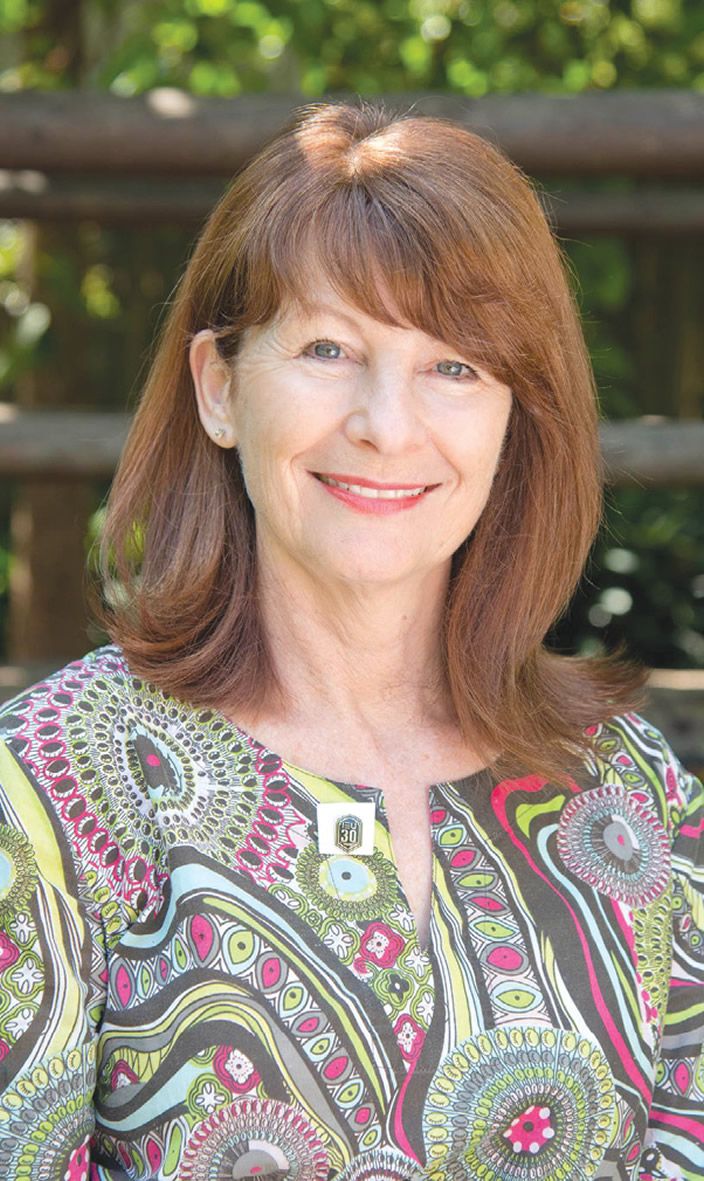
Teacher Anne Townsend has worked at the same centre, Pymble Turramurra Preschool, for 36 years.
“Sometimes I worried I was stagnating, being at the same place for so long, but I had a conversation with early childhood consultant Joy Lubawy and she said if I’ve put roots down, it gives you a firm foundation to work from,” Anne said.
She recently celebrated 30 years as an IEU member and said Union membership has also been another firm foundation from which she has drawn security.
“Being in a community based preschool with a new committee of management every year, there’s always that niggling doubt about whether the new board of management is going to be supportive to the staff.”
In fact Anne said the majority of the committees she has worked with have been excellent. But once she did call on the IEU for advice because a chairperson had told her she needed to resign first if she wanted to alter her hours of work, then be reinstated.
Anne contacted the IEU and was given advice to the contrary.
Anne’s husband is a school teacher and the couple went on exchange to the UK in 1992, organised through the IEU.
Anne taught in an English preschool for a while. So although she has always been at the same preschool in Australia, she’s branched out into various enterprises over the years.
She has worked as an external advisor for Macquarie University, mentoring student teachers in preschools, long day care centres and primary schools.
In 2011 she obtained a Masters in Applied Psychotherapy and Counselling and now combines teaching with a part time counselling and therapist role.
Recognising that children have additional needs in the early childhood setting is something Anne is passionate about.
“There’s still a culture around that children should be seen and not heard. With my years of experience as a teacher, I can recognise when a child has a challenge when they are quite young. But parents often find it hard to accept. I guess it’s a grieving process for them.
“Paediatricians and psychologists often say to teachers ‘we don’t see this behaviour in the clinic so it’s not happening’.
“Early intervention is crucial and children are still missing out through lack of recognition and support.”
Although Anne has vast experience, she has opted to work as a teacher so she can maintain that hands-on relationship with children.
“I have seen an increase in anxiety and problems in young children over the years as we hothouse them and become more competitive with each other.
“Young children often become the pawns, and they wear the anxieties that their parents and society puts on them.
“I still have a passion for this field after all these years and feel that I have lots to offer.”


































































































































